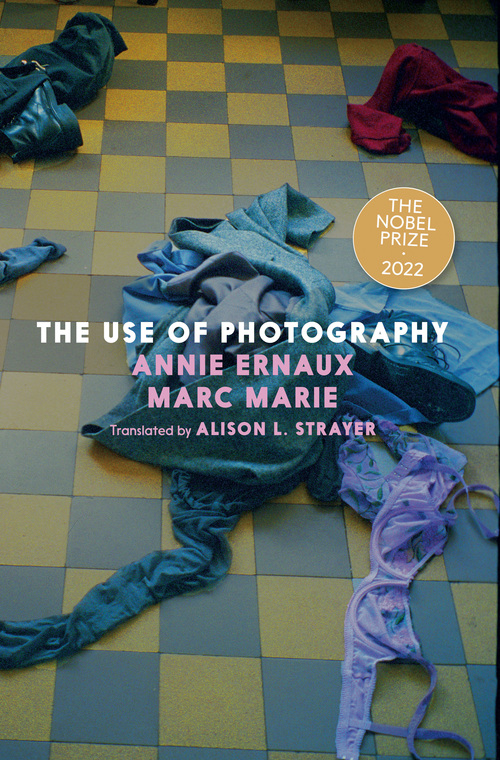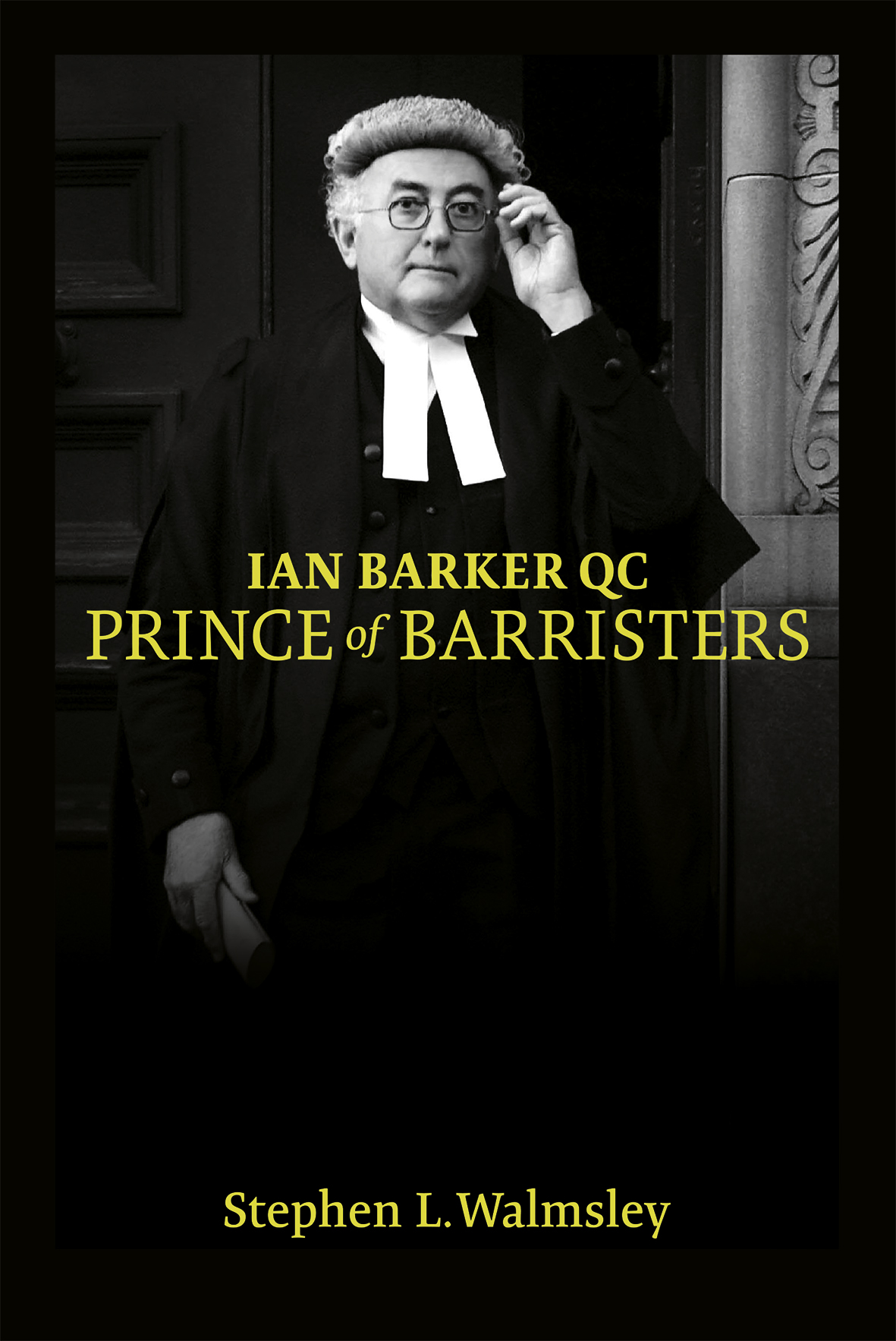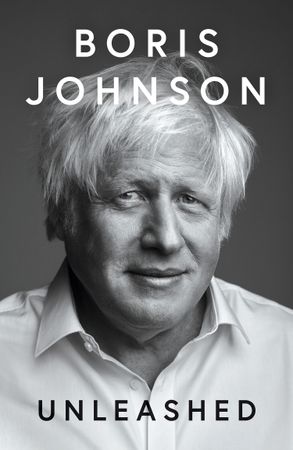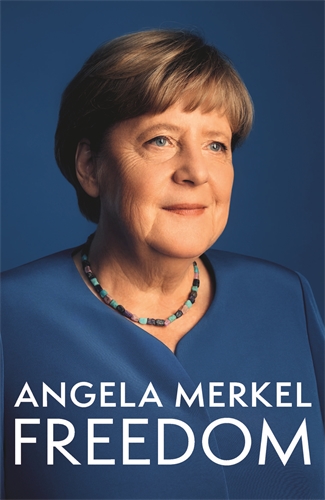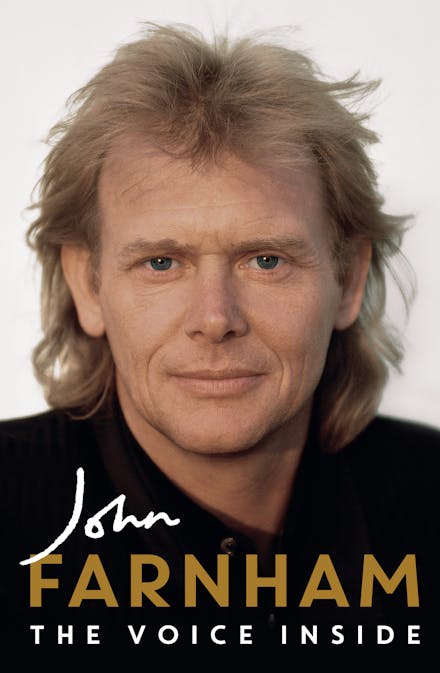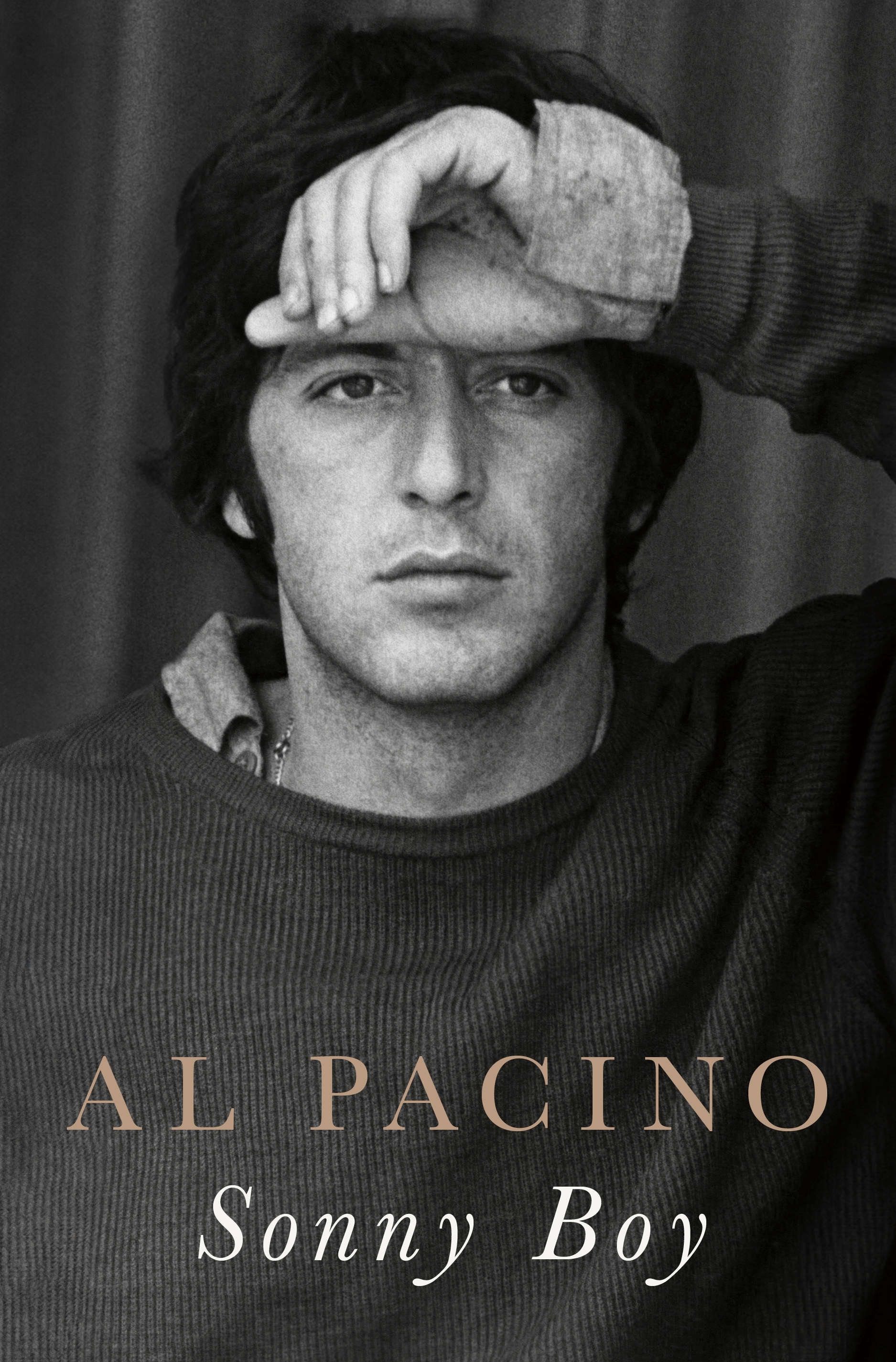Memoir
Gutsy Girls: Love, poetry and sisterhood by Josie McSkimming
I lament hearing the late poet Dorothy Porter (1954–2008) read in public only once, having devoured her work voraciously over the years. In the National Portrait Gallery, I once came across Rick Amor’s smallish 2002 portrait of Porter, which shows candid brown eyes framed by hawkish eyebrows inherited from her renowned barrister father, Chester Porter. ‘Chester Porter walks on water’ was her father’s vainglorious self-descriptor when he wasn’t monikered as ‘The Smiling Funnel-web’ at the bar (see Chester Porter, Walking On Water: A life in the law, 2003).
... (read more)Genealogy television programs like Who Do You Think You Are? often feature the celebrity gasping – in surprise, excitement, even alarm – as details of their family tree are revealed. Belinda Probert, a distinguished British-born Melbourne academic, had her own moment of incredulity when, four months after her father, Bill, was buried in 1994, her family received a letter from his nephew Denzil. For Denzil, Bill was not Bill, but Uncle Roy, who had spent his childhood living in an impoverished Welsh coal mining village in the Rhondda, and whose mother and siblings were alive when Bill’s children were born. All this was complete news to Bill’s family.
... (read more)Tony Horwitz, fêted American journalist-historian, died in 2019 – on the last Monday in May, a day when America ritually honours its war dead and heralds the beginning of summer. Horwitz was sixty. For his wife, Australian journalist and novelist Geraldine Brooks, his death was more than an ironic anomaly: it was an inconceivable rupture in time:
... (read more)The Use of Photography by Annie Ernaux and Marc Marie, translated from the French by Alison L. Strayer
A chronicler of experience and a scrutineer of memory, Annie Ernaux always tries to express something universal. By recording her experiences – of the working class, social mobility, abortion, death, divorce, jealousy, affairs, desire, and more – she asks her readers to see their lives in her writing.
... (read more)Ian Barker was a relative rarity among barristers in that he never used two words when one would suffice. He died in 2021 and is now the subject of a biography by Stephen Walmsley, himself a barrister and then a judge – since retired – of the NSW District Court. This is an unusual exercise in Australia, where judicial biography is a sparse species and the lives of other lawyers are seldom chronicled.
... (read more)Boris Johnson is of course one of the most distinctive political leaders of recent times. With his mop of unruly blond hair, plummy Etonian tones, and carefully confected air of bumbling amiability, he seems to have been on the British political scene for decades. In fact, his political career has been relatively short by comparison with many of his peers. This in turn helps explain the timing of Unleashed. As becomes clear, Johnson is in no mood for idle reminiscence or nostalgia for the top table.
... (read more)Freedom: Memoirs 1954-2021 by Angela Merkel with Beate Baumann translated from the German by Alice Tetley-Paul et al.
Just a few years ago, retiring after sixteen years as Germany’s chancellor (2005-21), Angela Merkel was praised to the skies as a stateswoman who represented all that was admirable in a (semi-)united Europe. Now her reputation has taken a nosedive (‘Angela who?’ The Economist asked, tongue in cheek, last October). That’s an occupational hazard for politicians, and Merkel, as a seasoned professional, knew the score. Still, she deserves to be remembered, if only because in 2015 she did something that seasoned professionals very rarely do: ignoring the risks, she took an important political decision for moral reasons. That decision was to open Germany’s doors to thousands of refugees from North Africa and the Middle East – in the end almost a million – desperately trying to enter Europe via the Mediterranean.
... (read more)This week on The ABR Podcast, Georgina Arnott discusses the dilemmas of writing an entry on Judith Wright for the Australian Dictionary of Biography. Georgina Arnott is the author of The Unknown Judith Wright, editor of Judith Wright: Selected Writings, and Assistant Editor at ABR. Listen to Georgina Arnott’s ‘“Shimmering multiple and multitude”: Keeping up with Judith Wright’, published in the January-February issue of ABR.
... (read more)The Voice Inside by John Farnham with Poppy Stockell
It is dreadful to lose one’s voice. Most of us can mime our way through an episode of laryngitis or the anaesthetised numbness that follows dental surgery, confident that normalcy will return. But imagine knowing that normalcy was gone for good. As Flora Willson recently put it, there is an ‘intimate connection between voice and identity’. We are the sounds we make.
... (read more)You can’t tell the story of American cinema without Al Pacino, but it has taken him eighty-four years to get around to telling his own. Plenty of celebrities have put pen to paper in an effort to enshrine their life story well before becoming an octogenarian, but Sonny Boy, Pacino’s delightfully ramshackle and deeply heartfelt memoir, instantly benefits from feeling like a full, close-to-finished story. ‘I’m a man who has limited time left,’ he says, explaining his desire to share parts of himself that his public persona might have never fully conveyed, things that slipped through the cracks in an otherwise highly visible and well-documented life.
... (read more)




